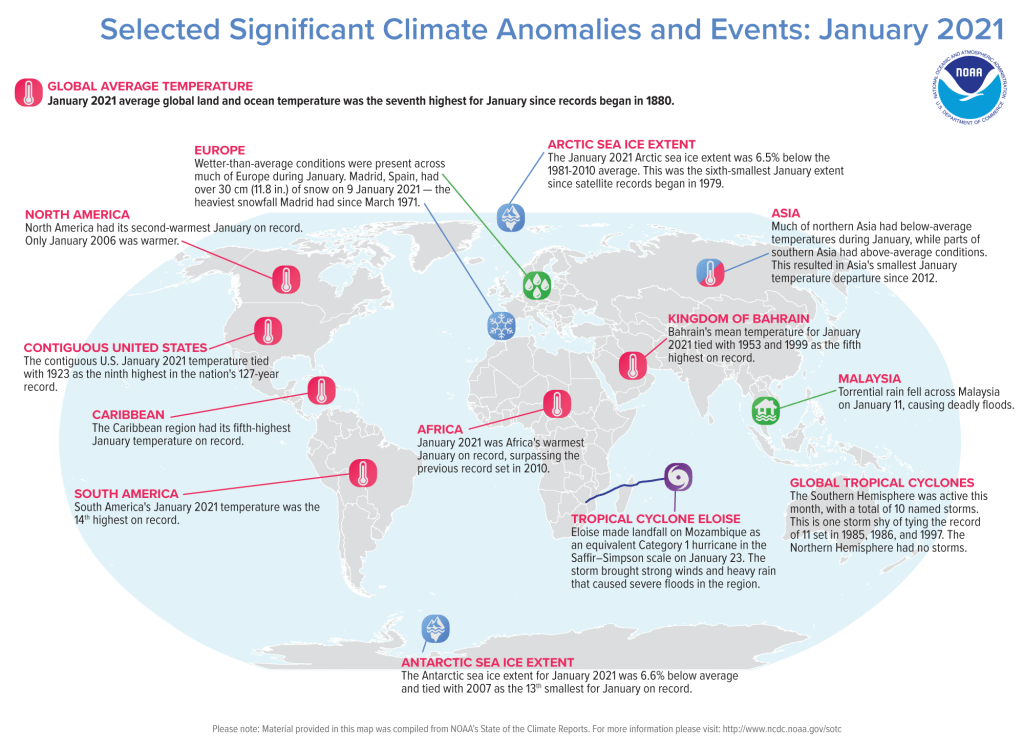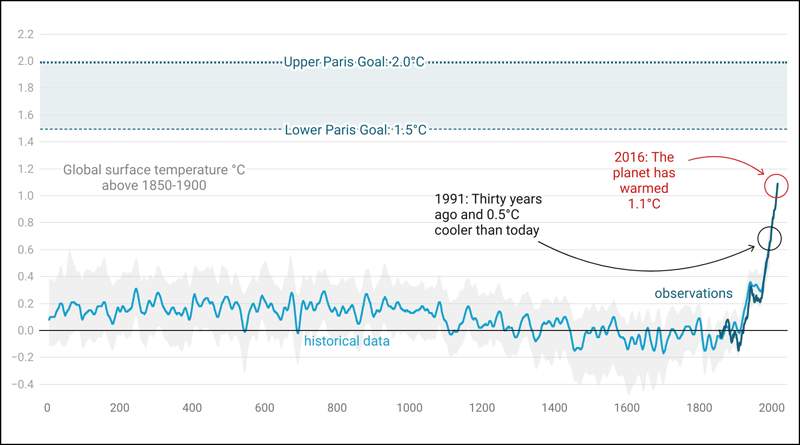3 Aug. 2023

The UN has released a report detailing the current state of global climate. The report from the IPCC (Intergovernmental Panel on Climate Change) states that “It is unequivocal that human influence has warmed the atmosphere, ocean, and land,” The U.N. Secretary-General António Guterres even described the report as a “code red for humanity.”
The world has been experiencing extraordinarily massive heatwaves, gargantuan hurricanes, devastating wildfires, and other extreme weather patterns as of late.
In Italy, the city of Sicily has reached what may be the hottest temperature in Europe: 48.8C (119.8F) as seen in BBC News. This heatwave was caused by an anticyclone – an area of high atmospheric pressure where the air is sinking and has led to the spread of multiple wildfires. Italian firefighters even had to perform more than 300 operations in Sicily and Calabria in over 12 hours, trying to “Control blazes burning thousands of acres of land” (BBC News).
In the U.S, a powerful heatwave caused 100-degree temperatures for over 25 million people (Yahoo News). The Death Valley hit 130°F with temperatures broiling from Utah to California (The New York Times). This powerful heat dome-dominated weather pattern can create hot and dry weather that worsens ongoing wildfires and potentially leads to new ignitions from thunderstorms.
The heatwave has triggered multiple unplanned outages due to the increased usage of air conditioning for heating and cooling. For example, the city of Seattle has opened cooling centers in libraries, senior centers, and other community facilities to help residents survive the heat.
It’s no surprise, then, that utility companies have been planning and targeting outages to conserve electricity, alerting customers that unprecedented extreme high temperatures are putting a strain on the electric system that serves customers.

Global average temperature (credit: NCDC)
All of these events are linked to two words: Climate Change.
Scientists forecast that heatwaves are likely to be hotter and deadlier than those in past centuries. The UN Intergovernmental Panel on Climate Change (IPCC) linked the increasing frequency and severity of heatwaves to human emissions of greenhouse gases.
Unless immediate, rapid, and large-scale action is taken to reduce emissions, the UN report warns that “average global temperature is likely to reach or cross the 1.5-degree Celsius (2.7 degrees Fahrenheit) warming threshold within 20 years” (Reuters). “Under these high-emissions scenarios, the Earth could broil at temperatures 4.4C above the preindustrial average by the last two decades of this century” (Reuters).

The world has warmed 1.1°C compared to preindustrial levels, and regional hot spots already feel the heat, but we have not surpassed the Paris Agreement goal of limiting warming to 1.5°C or 2°C. (Credit: EOS.org)
We must implement solutions to combat climate change. One of the major technological solutions to alleviate climate change is Climate Tech. AI-driven technology may be the perfect solution to battling the extreme heat conditions that we have been facing as the world becomes increasingly warmer.
Setpoint uses its automated Climate Intelligence System, helping to minimize the carbon footprint and increasing energy efficiency. Our fully integrated system applies smart data models and algorithms, allowing commercial building operators to monitor and control the climate in every room, therefore also ensuring that any building’s HVAC system can cope with extreme conditions. By providing indoor climate control, we are cooling down the Earth, and therefore minimizing the effects of global warming.
Reach out to our Indoor Climate Experts to learn more about our Climate Intelligence solution.